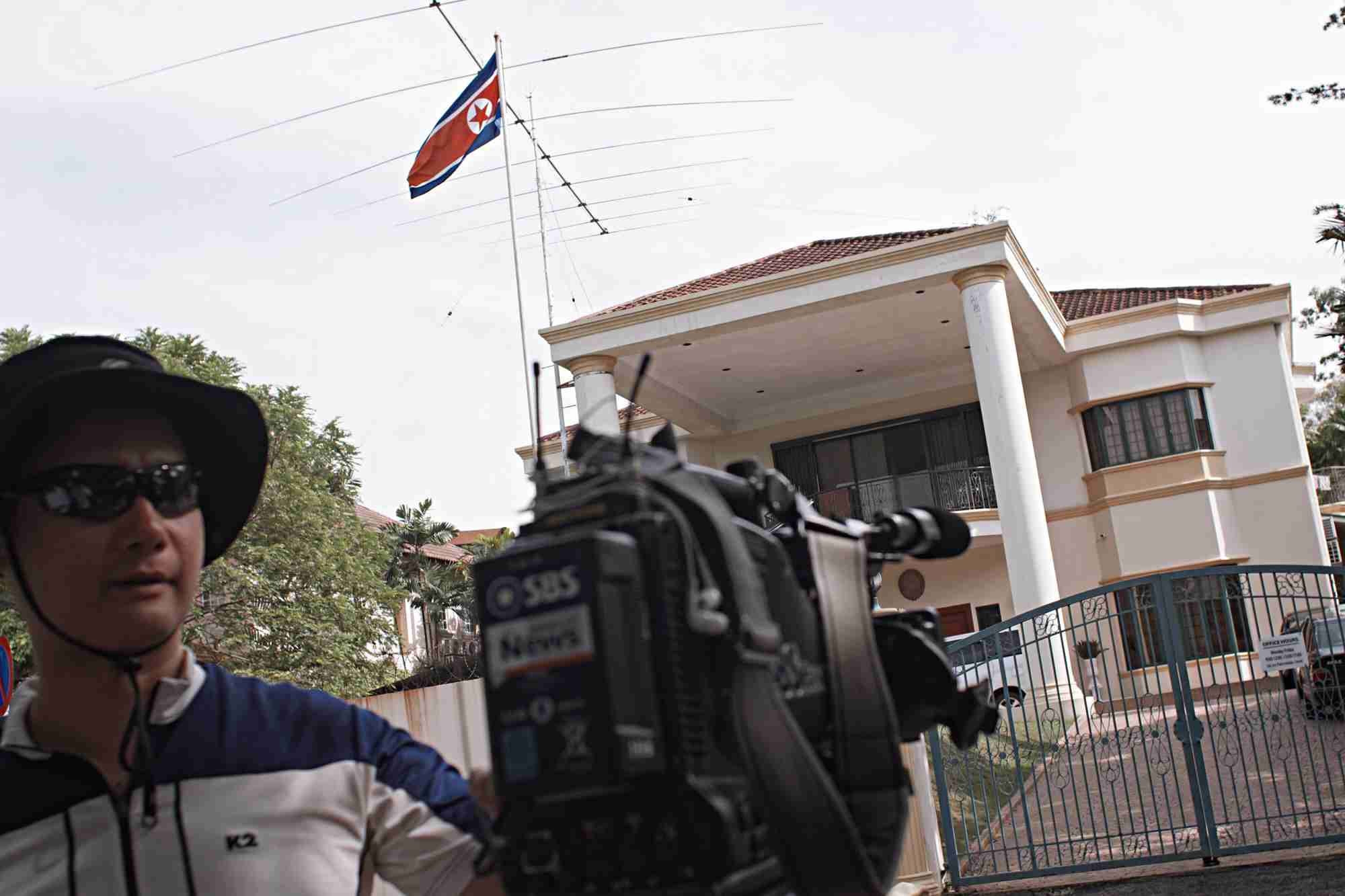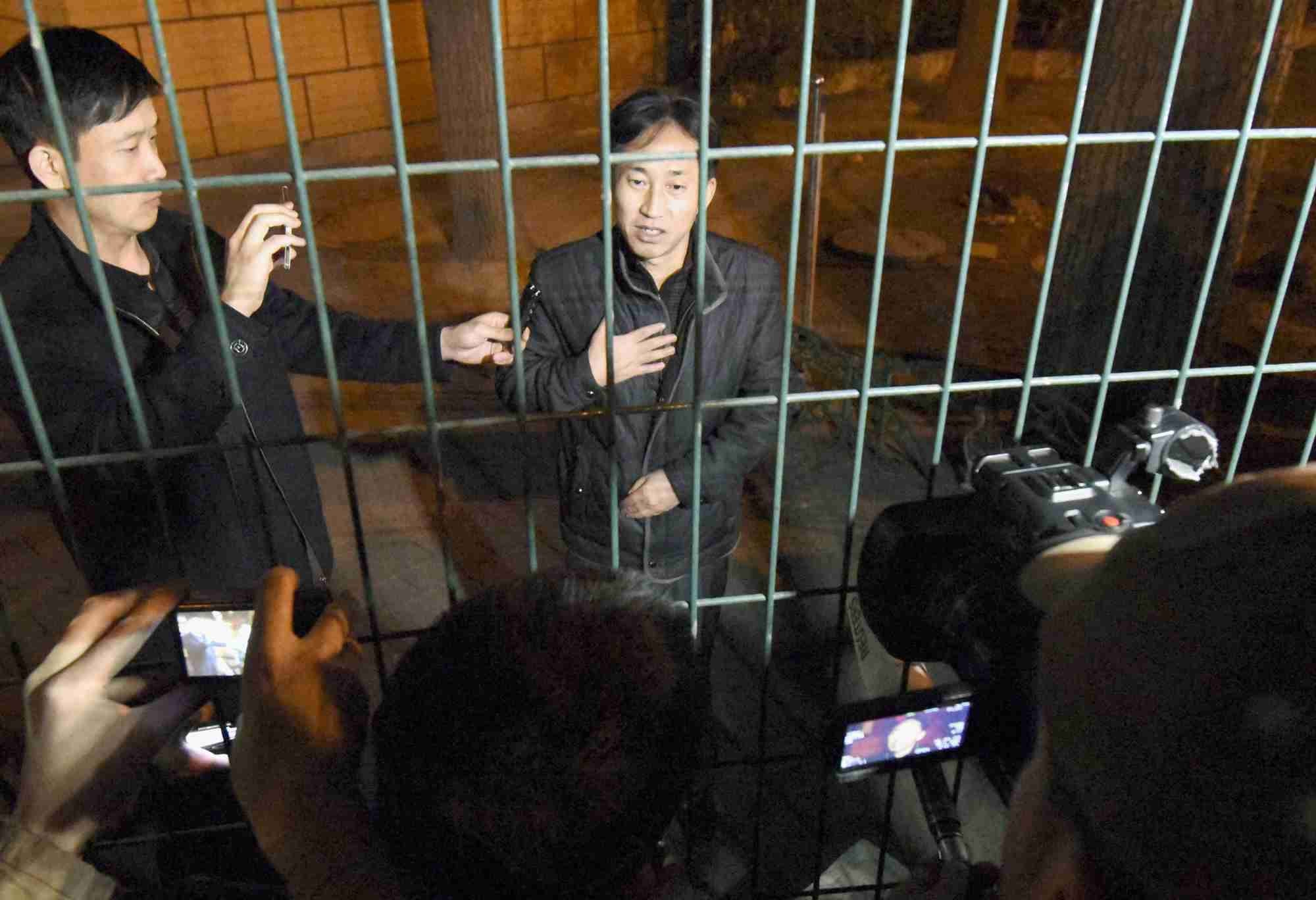In 2008, then US President George W. Bush removed the Democratic People's Republic of Korea (DPRK) from a US list of countries with suspected links to terrorism. The move came 21 years after the DPRK was designated as a “state sponsor of terrorism” following allegations that Pyongyang bombed a flight belonging to Korean Air near Myanmar – a tragic accident that killed 115 people on board.
Now, there are voices emerging from within the US calling for the isolated nation to be placed back on the list as fingers of suspicions point towards the DPRK over the murder of Kim Jong Nam, the estranged half-brother of leader Kim Jong Un. But such prospect is ruffling the feathers of Pyongyang, which has promised that Washington will “dearly” pay for those “groundless accusations.”
A spokesman for the DPRK’s foreign ministry on Friday told state-owned KCNA that they have noted some hardline conservatives in the US, including some congressmen, expressing hostile attitudes towards the DPRK. The unnamed official noted that Pyongyang will never be a "sponsor of terrorism," no matter how the US calls the DPRK in line with its standard and interests.
“The DPRK government had already clarified its principled stand of opposing all forms of terrorism and any support for it before the international community,” the spokesman said.
“We have consistently proved the stand in practice.”
However, the mere idea of the DPRK being reinstated on the black list has drawn the ire from Pyongyang.
“The US will keenly realize how dearly it has to pay for its groundless accusations against the dignified DPRK,” the official warned.
Kim's killing: An unfolding saga
The latest remarks from the DPRK against its long-time rival are the latest development in the unfolding saga of Kim Jong Nam’s death.
Kim was murdered in broad daylight at the Kuala Lumpur airport on February 13 by what was later identified as nerve agent VX – an extremely toxic chemical substance without odor or taste, and which is classified by the United Nations as a weapon of mass destruction.

Journalists camp outside the DPRK embassy compound on February 22, 2017 in Kuala Lumpur, Malaysia. /CFP Photo
The death has been surrounded by mystery and many questions have remained unanswered, albeit the ongoing investigation untangling some of the confusion.
Two women, Doan Thi Huong from Vietnam and Siti Aishah from Indonesia, who have been caught on tape lunging at Kim from behind and smudging his face with the lethal substance, were charged with his murder on Thursday. However, they have both said that they had thought the stunt was part of a prank television show and that what they had used to smear the victim’s face was “baby oil.”

Ri Jong Chol speaks to reporters inside the DPRK embassy in Beijing on March 4, 2017. /CFP Photo
Another suspect, Ri Jong Chol, a DPRK national who was detained for questioning was released on Friday for insufficient evidence and was deported to Beijing.
One of the main points of contention is the victim’s identity.
Pyongyang has categorically rejected that the dead is Kim Jong Nam, and identified the victim by the name on the passport he was carrying: Kim Chol.
Malaysian police have made repeated calls for Kim’s next-of-kin to step forward to provide DNA samples and claim the body.
On Saturday, Malaysia’s Health Ministry said that they are still waiting for the victim’s health or dental records to confirm his identity.









